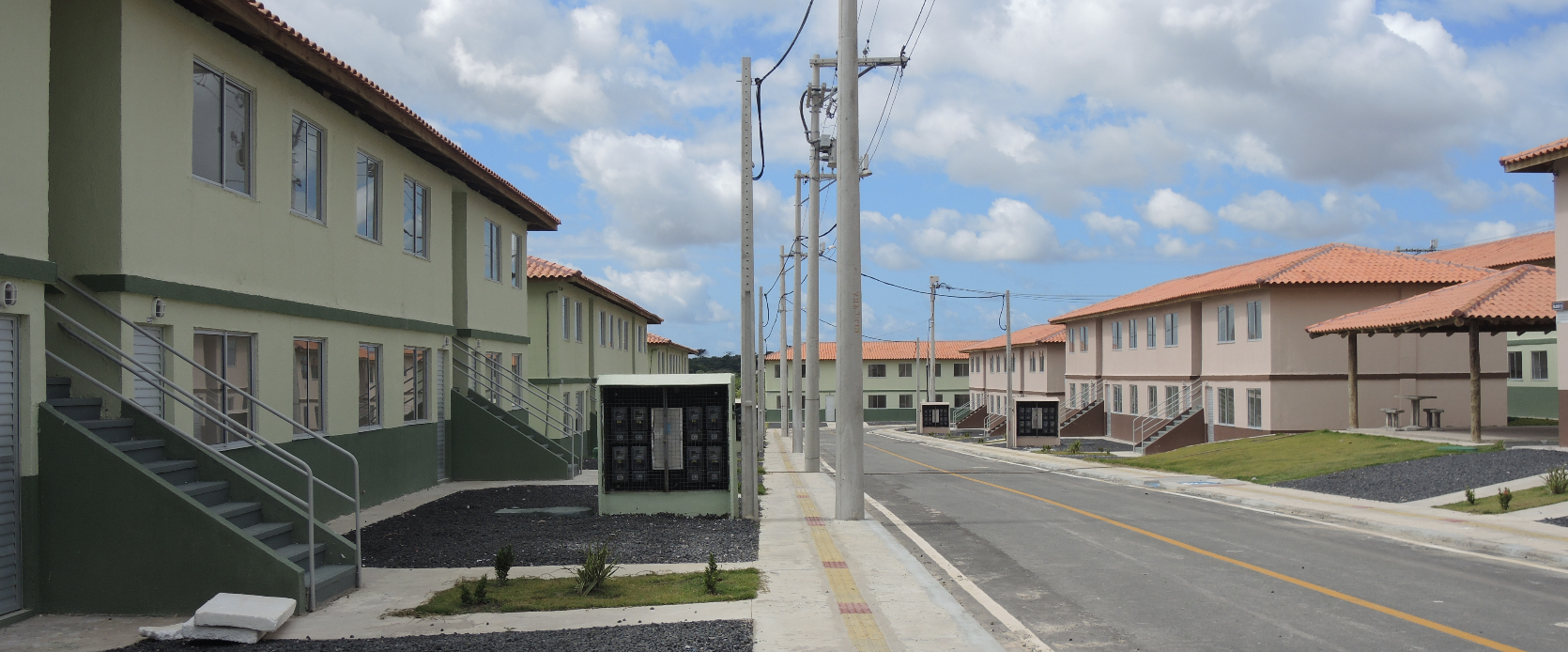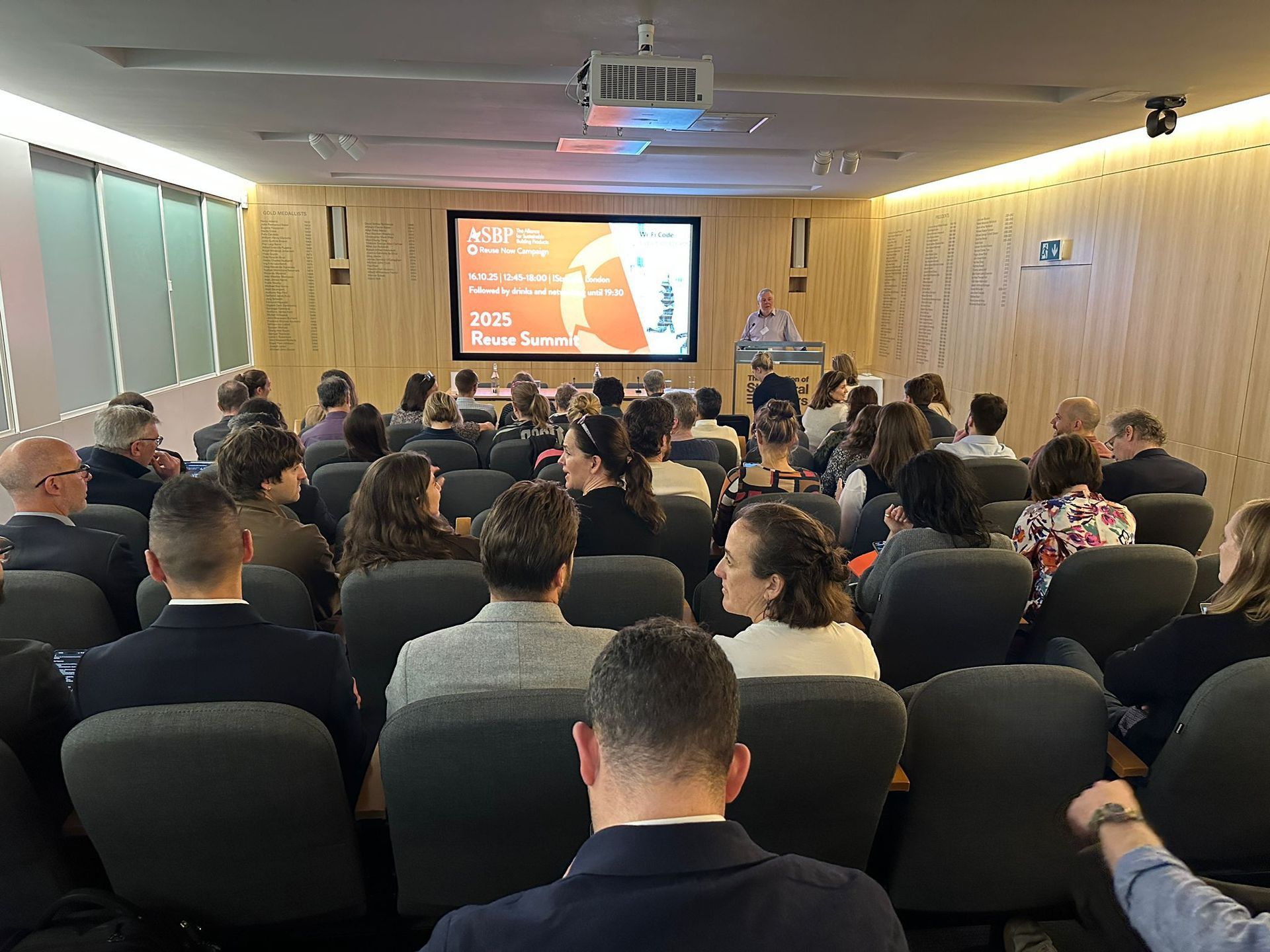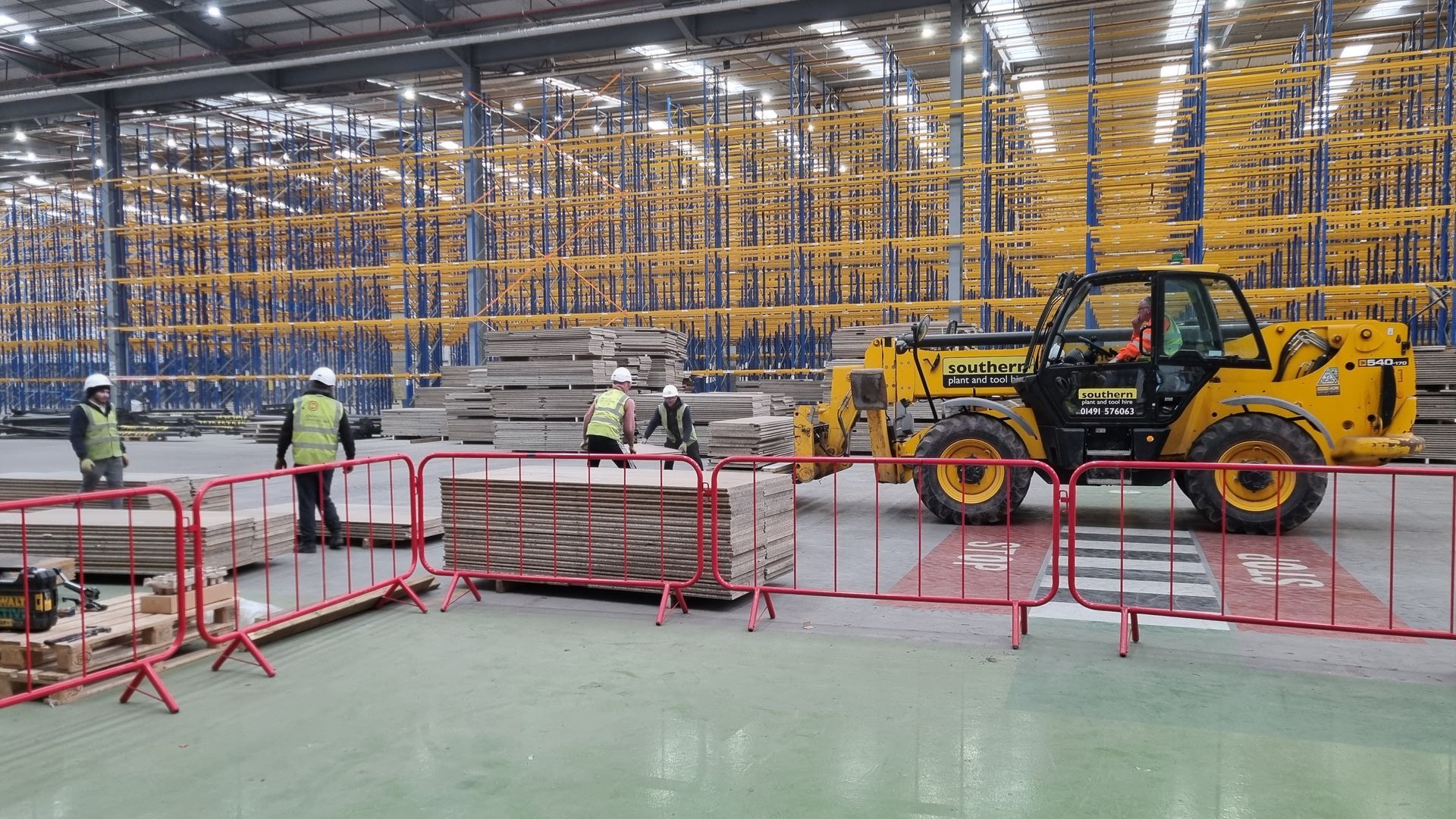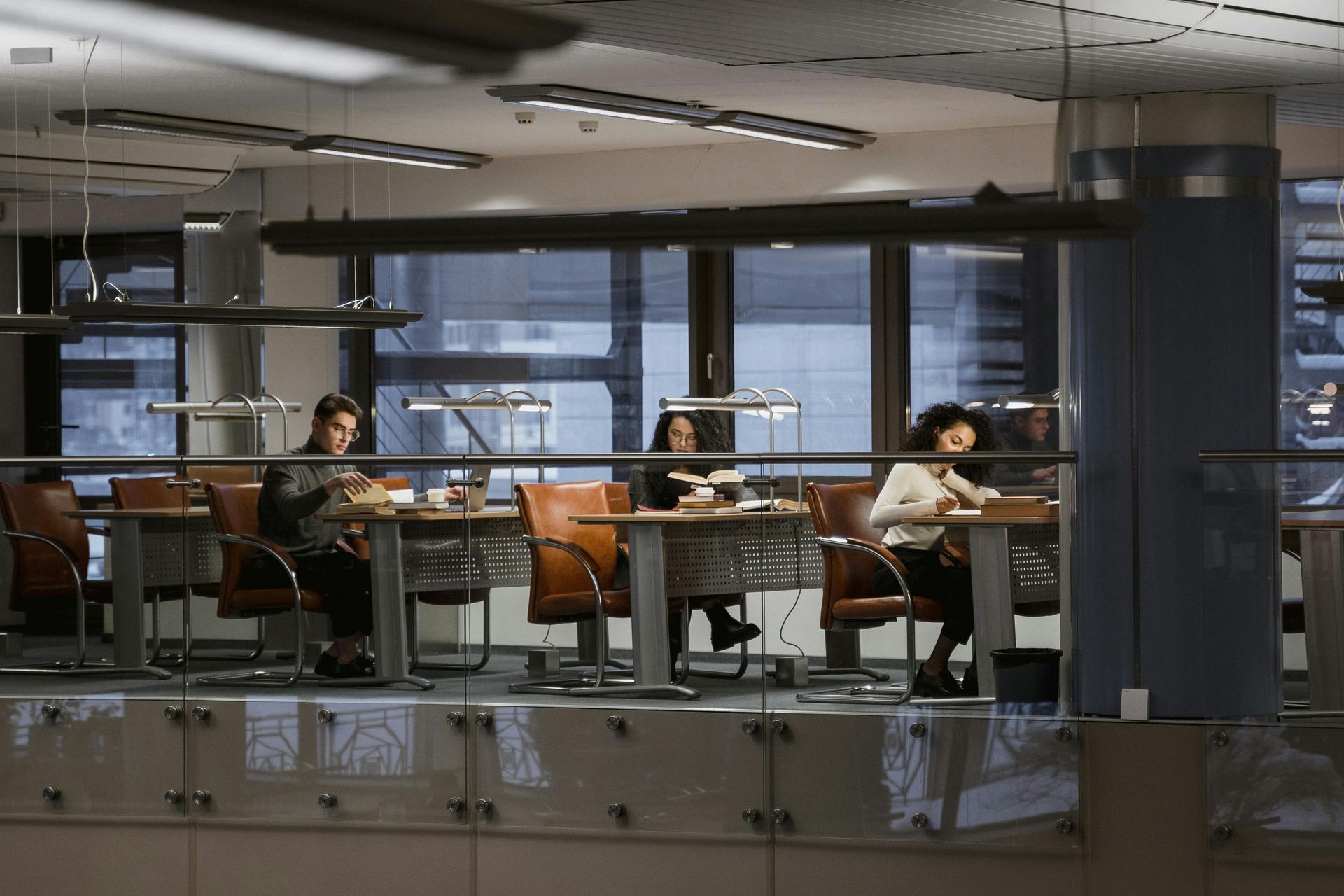Using Circular Economy Thinking and Industrial Symbiosis to Support Net-Zero
A pioneering scheme to create a pathway to net zero carbon emissions for a North Yorkshire industrial estate is providing a viable model for decarbonisation in rural industrial estates.
The Decarbonising Dalton project was supported with funding from Innovate UK and match funded by Dalton Business Partners, carried out a 12-month feasibility study at Dalton Industrial Estate near Thirsk. The study examined emissions associated with power, heat, transport and the circular economy, developing strategies to reduce them effectively.
The study provided individual assessments for each business on the estate, resulting in a tailored action plans to achieve net zero while minimising the need for carbon offsetting.
The initiative was delivered in five key phases: business needs assessments, quick-win reductions, shared onsite opportunities, offsite interventions, and collation and knowledge sharing.
Following the circular economy work package undertaken by Reusefully (which focused on the individual business’ material procurement needs) the Dalton Industrial Estate Exploitation Plan highlights that in 2026 partners should promote industry symbiosis across the estate.
The Plan highlights how businesses can collaborate to agree on common material requirements, enabling them to share resources more efficiently. By aligning their procurement strategies and identifying opportunities for material reuse, businesses can significantly reduce waste and reliance on external suppliers. This cooperative approach would not only enhance sustainability but also create a more resilient and interconnected industrial ecosystem, driving further progress towards the Estate’s decarbonisation goals.
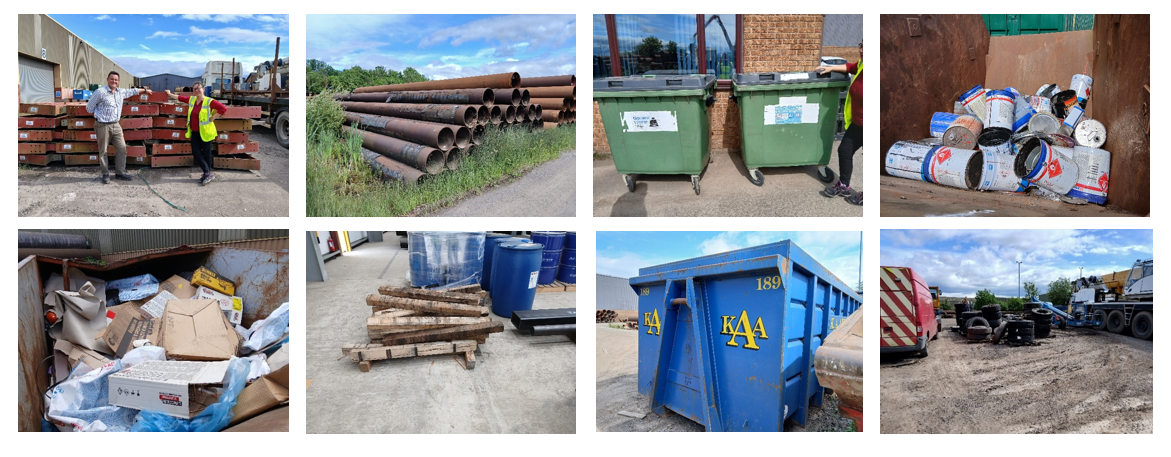
Business leaders involved in the project have now outlined a clear pathway to net-zero, which can serve as a blueprint for other industrial estates across the UK.
The project was led by a partnership including North Yorkshire Council, six key businesses from the Dalton Industrial Estate – Cleveland Steel and Tubes Limited, Wetherby Stone Products Limited, Severfield PLC, Inspired Pet Nutrition Limited, Citivale Group Holdings Ltd, and National Tube Stockholders Limited – along with Distribution Network Operator, Northern Powergrid.
Michaela Lindridge, partnership spokesperson and head of ESG at Severfield plc, said “We are proud to have taken part in this project to advance the decarbonisation of industry. This project has enabled us to explore and implement sustainability initiatives that align with our ongoing commitments to reducing carbon emissions. Sustainability is at the heart of how we do business, and through collaboration, we have supported carbon-neutral manufacturing in the region. Sharing expertise in green technologies and sustainable production practices has reinforced our commitment to energy-efficient manufacturing and a lower carbon footprint. This initiative has provided valuable insights and practical solutions that we hope will inspire and inform similar projects elsewhere.”
Roy Fishwick, Managing Director, Cleveland Steel and Tubes, said “We have had a great experience working with Reusefully on this project. Circular Economy is the principle upon which our business was based 50 years ago so it was a pleasure to work with people with such great knowledge and outlook. They were professional and communicative and hopefully we will have achieved some great circular outcomes for the industrial estate”
The Decarbonising Dalton project has been recognised as a key step towards a more sustainable industrial future, with findings set to be shared with other estates seeking to transition to net zero as part of this announcement. Innovate UK, the UK’s innovation agency, continues to support business-led projects across all sectors to drive sustainable advancements.
You can read more about the work undertaken at Dalton on a dedicated website here which includes an introduction to the various partners involved and a summary of the various work packages. Feel free to contact Reusefully to find out more, and to discuss the opportunities that industrial symbiosis provides in reducing carbon and achieving net-zero.

